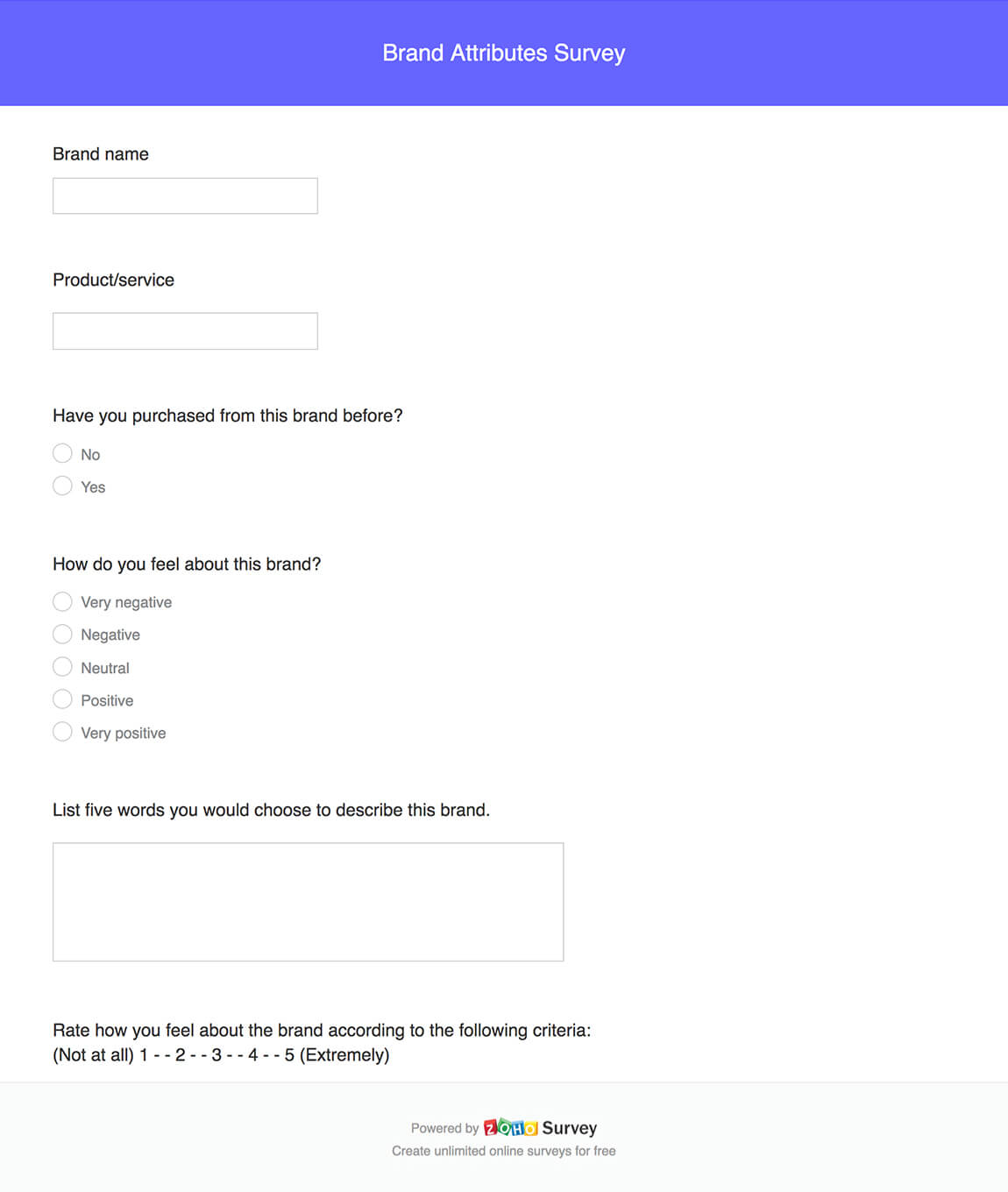
A 'brand' represents the essence of a company. To establish a brand, a marketer decides its elements, such as the name, color, and logo. The marketer hopes to create a relatable identity for the brand using these elements. This brand identity is how she hopes her consumers perceive the brand.
Each time a consumer interacts with the brand and its elements the consumer forms opinions about the brand. These opinions give it a personality, almost like a living being. The characteristics of this personality are called 'brand attributes'.
The marketer of the brand creates its identity. A consumer, on the other hand, decides the brand's attributes and therefore its personality. Every marketer hopes to discover these attributes, so that she may build the good ones while eliminating the bad ones. By influencing these attributes, a marketer can narrow the gap between her brand identity and her customer's brand personality.
With careful research, marketers build their brand's positive personality to improve the value of their brand. The more valuable a brand is within a market, the more stable and successful it is, and the higher its equity. Every attempt to improve the attributes eventually is intended to improve the brand's equity, its value to customers, and to inspire loyalty for the brand.

No one wants to deal with a company they can’t rely on. A consistent brand signifies what the brand stands for and builds customers trust.
Being one of a million is the worst thing you could do for your brand. Why must a customer choose you while there are millions more like you? Why should a customer even remember your name?
Brands must meet people’s expectations and should perform the way they want it to. A good job must be done to persuade consumers to buy the product. Otherwise, people will not buy it.
Trust lost can be hard to gain again. News of an unreliable brand tends to spread faster than the good news. You should ensure your brand can be trusted to deliver what was promised.
A strong brand must be passionate about what they do. Passion is infectious and inspires other to do better. The positive feelings carry over to your brand.
The brand must attract and retain customers. It must be likable and deliver value every single time.

Finding out what your customers think of your brand can be as simple as asking them. Sending them a survey about your brand can do the trick. However, you should dig deeper. Marketers often make the mistake of building a brand identity without considering their target customers' preferences.
First send a survey to discover which other brands they prefer, to learn what they are already attached to. Consumers buy brands that they believe matches their identity. For example, someone who buys jeans in WalMart is unlikely to buy a Bentley. Apple fans are reluctant to consider any android phone.
Once you discover what your customers prefer, survey them again to see if they attach those attributes to your brand. You should see if your customers see your brand the way you would like them to.

Sometimes, you need more answers than your contacts can give you. To reach more respondents you could consider using a research panel. They are groups of verified people, with varied cultural, demographics and geographic backgrounds, who would be willing to be part of your research.
Zoho Survey's Buy Responses feature helps you pick a panel based on demographic, economic, and geographic attributes, and quickly collect responses for your research.
Start Research
